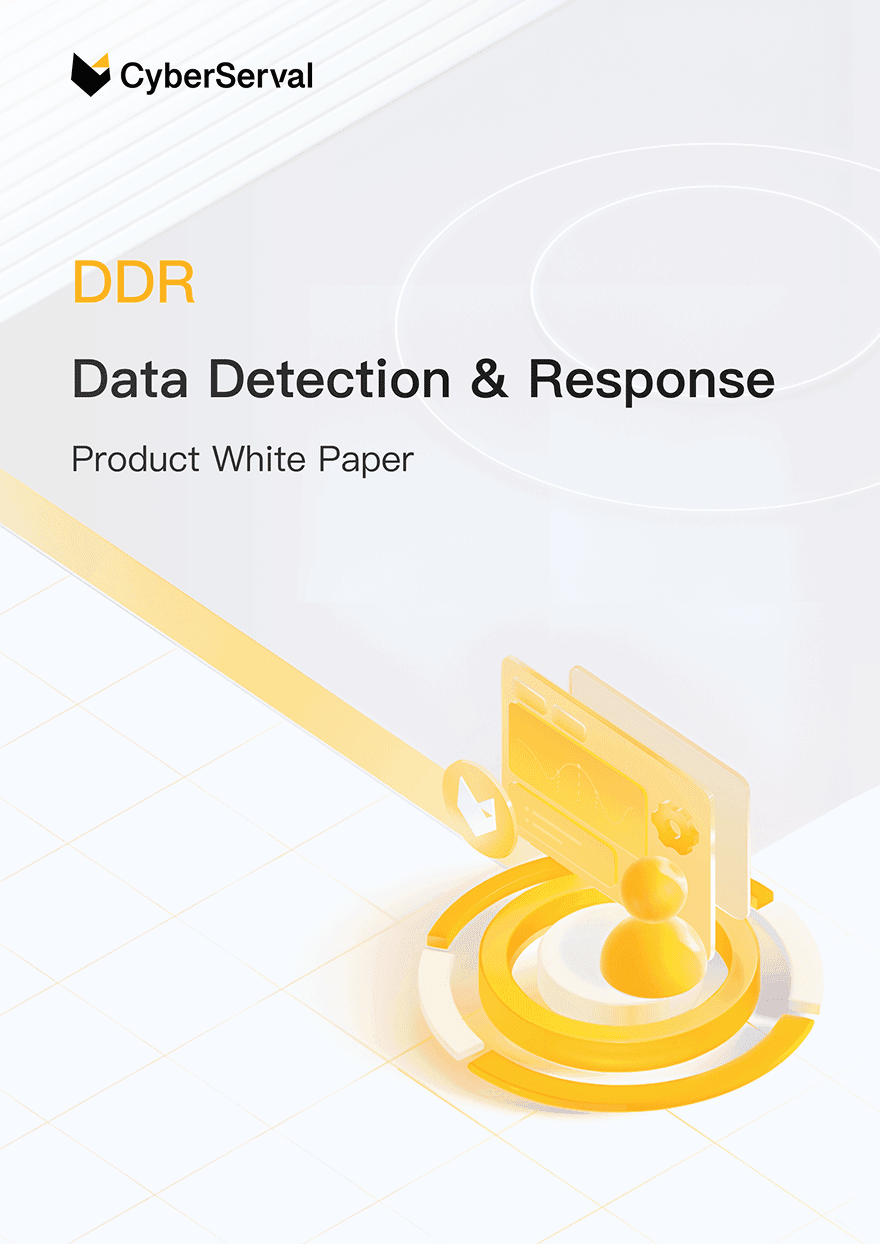How LLMs Improves Unstructured Data Protection
The importance of protecting unstructured data
Think about all the emails, chat messages, PDFs, and videos your company produces every day. That’s unstructured data—information that doesn’t sit neatly in rows and columns. Analysts estimate that over 80% of enterprise data is now unstructured, and it’s only accelerating with remote work and AI-driven collaboration tools.
Hidden inside are customer details, contracts, design files, or even trade secrets. The problem? Traditional data security tools were built for structured databases, not for text buried in documents or conversations. They can’t easily “understand” the context of a sentence, meaning sensitive details often slip through the cracks. That’s why protecting unstructured data has become mission-critical—not only to prevent leaks and insider risks, but also to keep up with compliance rules and safeguard the trust that keeps business relationships strong.
What are the privacy and security challenges of protecting unstructured data?
Sheer scale and diversity,ranging from emails and instant messages to medical images or design files—makes consistent discovery and classification difficult.
Sensitive data is often context-dependent, a phrase or number may be harmless in one file but highly confidential in another. Traditional pattern-matching approaches tend to generate high false positives or miss hidden risks.
Unstructured data is dynamic and widely dispersed across endpoints, cloud platforms, SaaS apps, and collaboration tools, increasing the attack surface.
Compliance adds pressure: organizations must align with GDPR, HIPAA, or local data laws, but lack real-time visibility into unstructured assets. Finally, insider threats and shadow IT amplify the difficulty, as employees frequently share or store files outside corporate oversight. These challenges demand advanced, context-aware DLP solutions such as LLM-powered detection and dynamic protection strategies.
Related article: Unstructured Data Guide and 10 Reasons to Protect It
How CyberServal DDR Intergrate LLMs to Improves Unstructured Data Protection
CyberServal data security company greatly enhances the processing and protection of unstructured data by integrating AI Content Insight Engines based on large language models (LLMs).
Here's a breakdown of the mechanisms and benefits of how CyberServal DDR data security solution integrates LLMs to improve unstructured data protection:
Deep semantic understanding and improved detection accuracy
DDR's AI Content Insights Engine is one of its key technologies, specifically designed to enhance the interpretation and processing of unstructured data.
Overcoming Traditional Limitations: Traditional Data Loss Prevention (DLP) products primarily rely on keyword matching or regular expressions, making it difficult to navigate complex scenarios.
Deep Semantic Exploration: The LLM-powered engine delves deep into the underlying meaning of the text and captures the nuanced relationships between contexts. This means it doesn't just perform text matching on the surface.
Accurate Identification of Sensitive Information: The engine can accurately identify potentially sensitive information or specific data patterns, even in the absence of clear keywords, improving the detection accuracy of unstructured data.
Accurate data classification capabilities
Data classification is one of the core functions of DDR data security solution. The application of LLMs provides a more accurate basis for data classification.
Type and Importance Determination: By leveraging the engine's deep semantic understanding and extensive knowledge coverage, DDR data security solution enables more accurate determination of the type and importance of unstructured data, enabling precise data protection strategies.
Identifying Special Data: LLMs have the ability to identify data that is difficult to describe common characteristics and identify specialized information.
Classification Recommendations: LLM applications can recommend classifications and identify internal documents.
Extensive knowledge coverage and dynamic adaptation
The capabilities of LLMs enable DDR data security solution to exhibit greater robustness when handling diverse enterprise data:
Extensive domain knowledge: Given that DLP products need to process data across multiple domains and industries, the engine's extensive knowledge coverage allows it to understand various specialized terminology and background knowledge, providing more comprehensive data protection.
Dynamic Contextual Adaptation: In some complex scenarios, traditional DLP products may produce false positives or false positives. AI content insights engines can dynamically adjust their recognition strategies based on the context of the text, ensuring accuracy in content insights in various contexts.
Practical application and deployment support
In terms of practical applications, DDR's support for AI LLMs includes:
Model selection and deployment: DDR data security solution supports multiple LLM model options and has multiple layers of optimization for domestic open-source large language models to support privatization deployment.
Sensitive Content Moderation: LLMs can be used to extract summaries of sensitive content for content moderation.
Data Recognition Engine Composition: In DDR's data recognition engine, AI LLMs are essential components alongside technologies such as keywords, regular expressions, document fingerprinting, machine learning, clustering, file formats, and data sources.
Additional Resource Requirements: It's important to note that this capability requires additional GPU support.
CyberServal DDR data security solution integrates an LLM-powered AI content insight engine to achieve deep semantic understanding and precise classification of unstructured data. It goes beyond traditional keyword matching and can dynamically adapt to complex scenarios, significantly improving the accuracy of sensitive information detection.
Download DDR whitepaper today to learn how DDR data security solution is redefining data security, or schedule a demo with our data security expert.
